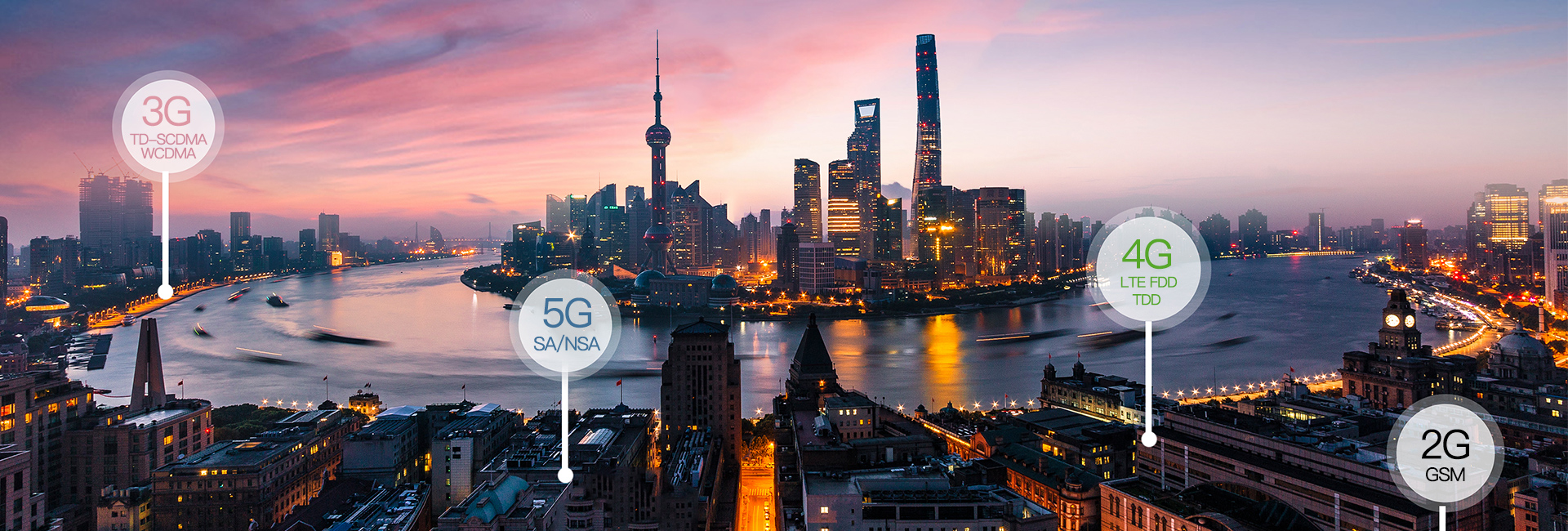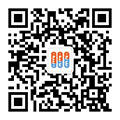PTCRB and GCF certification tests for LTE Category M (eMTC) and NB-IOT

LTE Category M (eMTC, LTE Cat-M1) is the name of LTE-M (LTE-Machine-to-Machine) in 3GPP R13, and is an IoT technology based on LTE evolution. Known as LTE enhanced MTC (eMTC) in R13, it is designed to meet the needs of IoT devices based on existing LTE carriers.
NB-IoT Narrow Band Internet of Things (Narrow Band Internet of Things) is built on a cellular network and only consumes about 180KHz of bandwidth. NB-IoT is also called Cat-NB1.
Both LTE Category M and NB-IoT are a low-power wide-area network wireless technology LPWAN (low-power Wide-Area Network), both of which use low-bandwidth applications to connect IoT devices, with ultra-low throughput and power consumption. Other applications such as industrial sensors, asset trackers or wearables etc.
Today‘s wireless communication technologies for the Internet of Things are mainly divided into two categories: the first category is short-distance communication technologies such as Zigbee, WiFi, Bluetooth, and Z-wave. The second type of LPWAN is wide area network communication technology. LPWAN can be divided into two categories: (A) LoRa, SigFox and other technologies that work on unlicensed spectrum; (B) 2/3/4G cellular communication technologies that work on licensed spectrum and supported by 3GPP, such as EC-GSM , LTE Category M, NB-IoT, etc.
As a new economic growth point, the Internet of Things has fierce competition in the US telecommunications market and is developing rapidly. Sprint completed the nationwide deployment of LTE Cat 1 technology at the end of July 2017, and plans to start deploying LTE Category M in mid-2018. Starting from March 31, 2017, Verizon will deploy LTE Cat-M network throughout the United States, planning to cover a total area of 6.21 million square kilometers.
AT&T has provided LTE Cat-M1 network services in the United States since mid-2017 and conducted LTE Cat-M1 pilot tests in San Francisco, California, USA. Deutsche Telekom "activated" the world‘s first fully standardized NB-IoT network in Germany in the first quarter of 2017 and launched the first NB-IoT service package. Vodafone launched its first NB-IoT commercial network in Spain in the first quarter of 2017 and is preparing to launch NB-IoT commercial networks in Spain, Germany, Ireland and the Netherlands.
AT&T has provided LTE Cat-M1 network services in the United States since mid-2017 and conducted LTE Cat-M1 pilot tests in San Francisco, California, USA. Deutsche Telekom "activated" the world‘s first fully standardized NB-IoT network in Germany in the first quarter of 2017 and launched the first NB-IoT service package. Vodafone launched its first NB-IoT commercial network in Spain in the first quarter of 2017 and is preparing to launch NB-IoT commercial networks in Spain, Germany, Ireland and the Netherlands.
LTE Category M and NB-IOT have been adopted by operators providing IoT services around the world. The certification process of LTE Category M (eMTC) and NB-IOT products is the same as that of PTCRB certification and GCF certification of other products.
Deeplight is willing to provide LTE Category M (eMTC) and NB-IOT products on PTCRB and GCF certification testing and certification, personal and economical testing and certification services, combined with the requirements of foreign operators to help many manufacturers in LTE Category M (eMTC) And NB-IOT products are certified by PTCRB and GCF to seize the opportunity in the rapid tide of the Internet of Things in the international market and succeed in the ever-changing global market. Shenguang Standard welcomes your inquiries.
Recommended items
-

North American operator Dish Network testing and certification process
Dish, whose full name is DISH Network Corporation, is a satellite TV service provider in the United States. At present, Dish is the second largest service provider in the United States and the third largest pay TV service provider, mainly providing satellite TV, satellite network, radio and other services for American users. The applicability and requirements for device certif...View more -

How many kinds of listing fees are there for PTCRB certification?
PTCRB certification is a higher-level evaluation of products in addition to legal certification. The total cost of PTCRB certification consists of two parts: the first part is the testing cost; The second part is the PTCRB certification listing fee (some people call it PTCRB fee), which is the fee paid to CTIA (PTCRB certification is the responsibility of CTIA). ...View more -

What items are tested for GCF certification / PTCRB certification?
The full name of GCF certification is Global Certification Forum (Global Accreditation Forum). GCF certification is an organization jointly established by operators and terminal manufacturers. At present, it mainly conducts certification for GSMWCDMALTE products. GCF certification is based on the voluntary principle. Terminal manufacturers declare whether their product...View more -

Read these 8 questions before doing PTCRB certification, saving time and money
Shenguang Standard conducts PTCRB certification projects all the year round. We have a team of sales managers and project managers who have more than ten years of experience in handling such PTCRB certification and GCF certification projects. Over the years, we have helped many listed companies obtain PTCRB certification. For example, in the test of the SIM card, there w...View more




